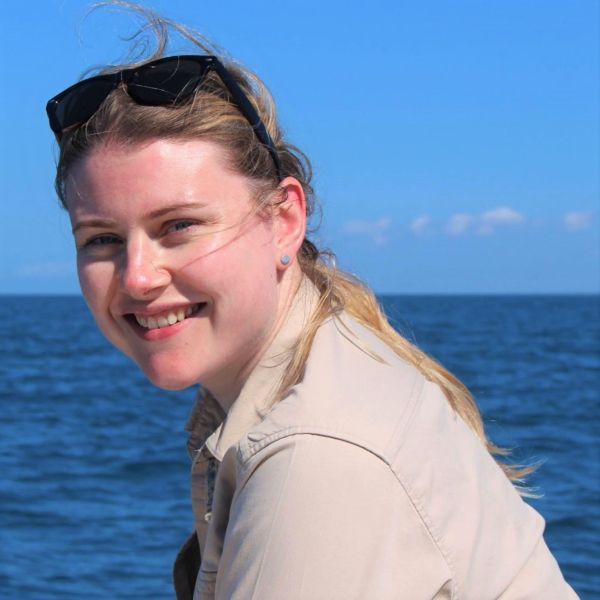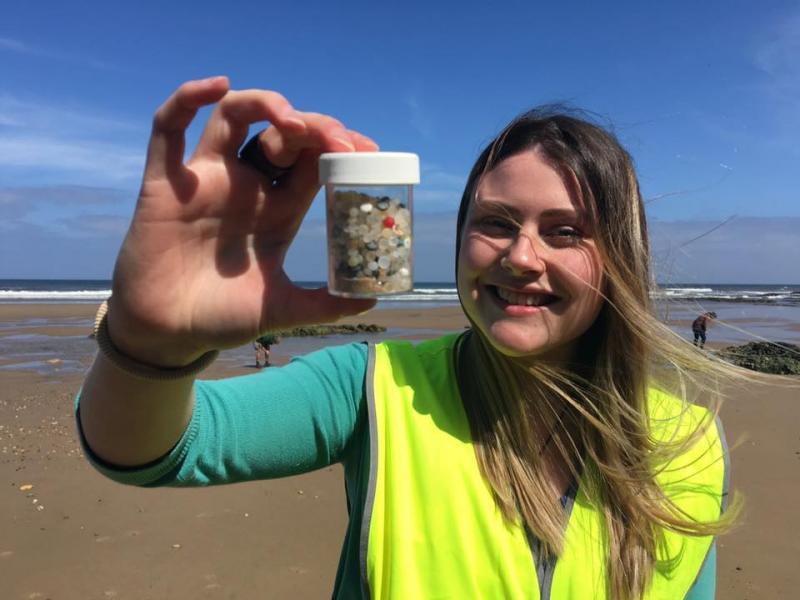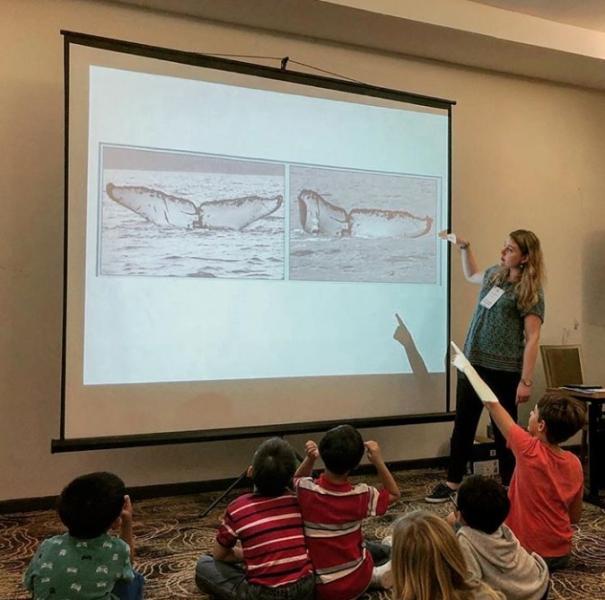Image

-
Emily Cunningham
Marine Consultant and Advocate, Independent
- 30 Under 30
- 2020
United Kingdom
Age: 30
Emily works towards a sustainable and equitable future for the UK’s coastal communities through advocacy and inclusive, pioneering projects.
How are you using education to build more sustainable and equitable communities?
Since 2016, my focus has been on the development of pioneering and inclusive community engagement projects to remove barriers to environmental stewardship for marine and coastal areas. My first major project focuses on a post-industrial coast, which was once the most polluted in Europe. There, a combination of social deprivation, poor public perceptions, and a paucity of activity provision has resulted in a lack of environmental engagement and stewardship. This co-created project seeks to leverage meaningful environmental and social change by creating inclusive opportunities for action, training, upskilling, and stewardship. I learned a lot from developing this project (and others since) and I am proud to now be working on a national initiative which aims to remove barriers to coastal engagement and catalyse a more sustainable and equitable future for coastal communities all around the UK.
You can read more about SeaScapes and Dee Coastliners, and listen to me speak about my work here.

I always aspired to be a marine biologist, but was sure I’d have to go work overseas as British seas are lifeless…or so the prevailing public perceptions go in the UK! At university my mind was blown when I learned to dive and saw the majesty of British marine life with my own eyes. After graduating, I tried a few different jobs before finding my passion in environmental education and advocacy. My lifelong ambition had always been to help deliver positive environmental impact, but I’ve been inspired in recent years by those who use environmental education to leverage both environmental and social change. I am now working towards a better future for the coastal communities of the UK and am proud to have been appointed as a champion for Equity, Diversity and Inclusion on the Board of the UK’s leading marine charity, Marine Conservation Society.
What advice would you give to the next generation of leaders?
You and your voice are valuable right now. I have spent the past 10 years believing that I needed more qualifications, experience, and achievements before my voice had value. I was wrong. You don’t need a degree or a PhD to be a leader. You don’t need to look or speak a certain way, and you don’t need to have published papers or have other such career achievements on your CV.
I am a first-generation graduate and entered this crowded and competitive arena with a lot of passion but no clue, no connections, and no one to ask questions of. Sometimes you have to create your own space as a (thought) leader and it can be lonely out on a limb. Finding a mentor can be a constructive means of progressing your leadership journey, as can having the right support network.

The ability to make anyone able to breathe underwater. The greatest challenge to marine environmental education, particularly in the UK, is that it is hard for your audience to experience the undersea world first hand. As a result, we marine environmental educators have to get creative, using virtual reality or other such tools in our toolkit. However, nothing compares to the wonder of seeing marine wildlife in its natural habitat with your own eyes. I would love to be able to breathe underwater myself (without SCUBA gear!) and to be able to take people of all ages, abilities, and walks of life underwater with me. I would also love to take policymakers or funders underwater to see what we have and what we stand to lose…maybe one day!
What are you happiest doing?
Being in, on, or next to the sea with my partner, family, and friends.